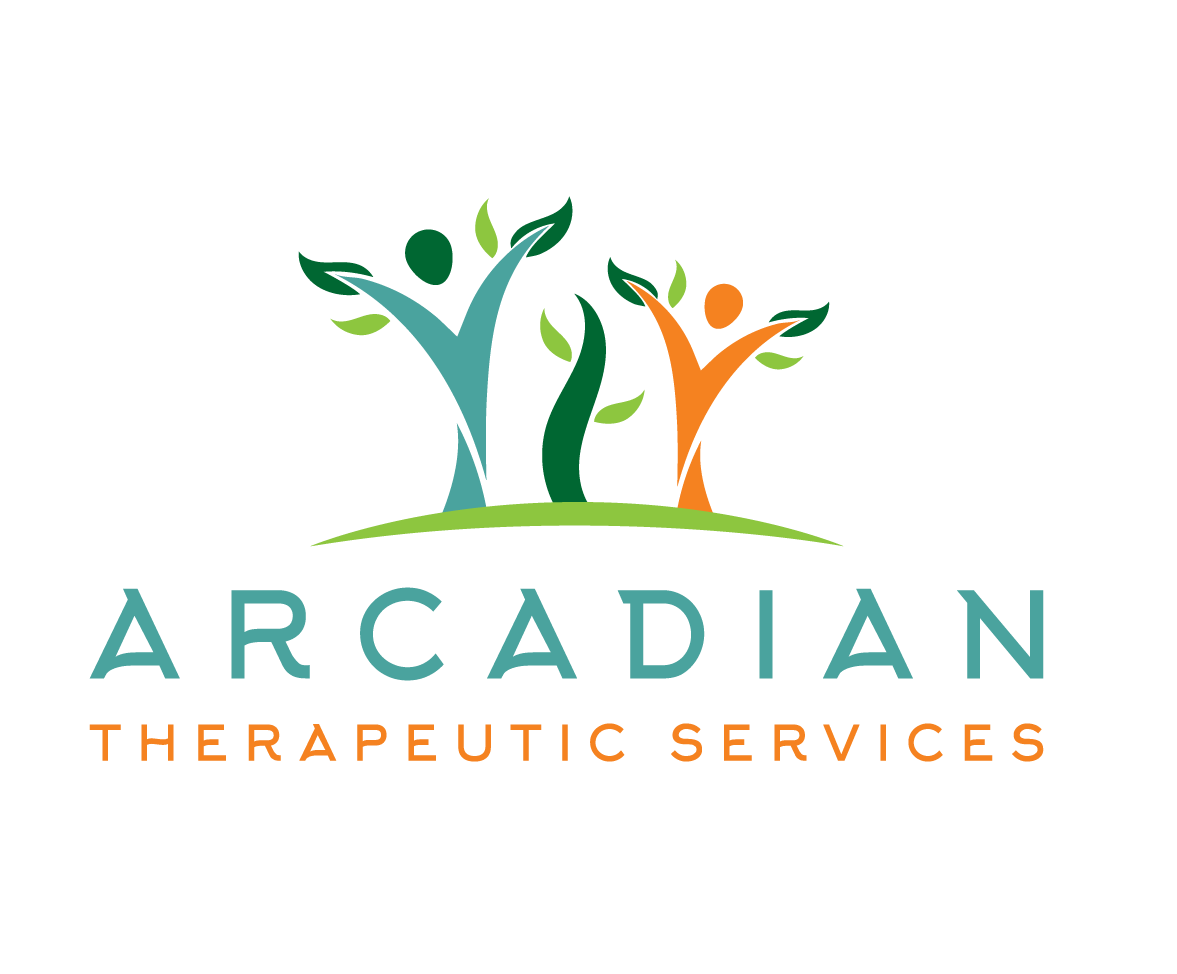DBT: Is it Right for Me?
What is DBT?
DBT stands for Dialectical Behavior Therapy. It is a type of cognitive behavioral therapy, but rather than solely focus on the impact of behaviors, DBT focuses on helping those who experience their emotions deeply. DBT helps you decrease the judgemental thoughts you may have for yourself by helping you accept them, your emotions, and who you are. Along with acceptance, DBT can also help you change unhelpful behaviors that negatively impact your life so you can live in a more meaningful, joyful way.
How does DBT work?
Four primary DBT techniques are cornerstones for this type of therapy. These techniques include distress tolerance, emotional regulation, mindfulness, and interpersonal effectiveness.
Mindfulness
Mindfulness is a technique that helps create awareness of what you're sensing and feeling in the moment without judgment. In DBT, mindfulness skills are centered around what it calls the three minds- the rational mind, the emotional mind, and the wise mind. The rational mind engages the world and others using intellect and logical thinking, while the emotional mind is impulsive and reactive. The wise mind brings the best of the two minds together for a more balanced outlook on your experiences. Examples of mindfulness skills that can be implemented in your life are mind-body scan, mindful breathing, mental noting, or simply fully immersing yourself in your current activity. By incorporating those mindfulness skills into your daily life, you may see improvement in your sleep, focus and concentration, a decrease in stress and anxiety, and an overall boost in well-being.
Interpersonal Effectiveness Skills
Interpersonal skills are skills to help you effectively communicate, interact, and work with other people. These skills are intended to help you become more aware of how your behavior affects your relationships and help you make positive changes. Whether you are verbally or non-verbally communicating with others, implementing some of these skills will help you communicate to others your wants and desires while maintaining your self-respect. The skills taught in DBT help you learn to develop problem-solving skills, and social and assertiveness skills when seeking, maintaining, or ending relationships.
Emotional Regulation
Emotional regulation skills help you understand the purpose and function of your emotions and help bring awareness to how emotions can reinforce behavioral urges that aren’t so helpful. By understanding the function of your emotions, you can identify and label the emotions and understand obstacles that stand in the way of you changing them. With a better understanding of your emotions, you can implement problem-solving strategies to help control the emotions that cause distress and learn to replace their associated behaviors with healthier options. By implementing emotional regulation skills, vulnerability is reduced, resilience for unwanted emotions is increased, and your mental health can improve.
Distress Tolerance
All humans experience a range of emotions. Some of these emotions may be comfortable, while many others are not. Distress tolerance is your ability to withstand and manage uncomfortable emotions when in distress. By growing more tolerant of difficult emotions and learning effective coping strategies, even the most difficult emotions can be tolerated and witnessed until they eventually pass. The distress behaviors targeted in DBT skills are centered around tolerating and surviving crises while accepting life as it is in the moment. Some distress tolerance skills include crisis survival skills and reality acceptance skills where you learn to refrain from impulsive behaviors or choices that could worsen your situation. Some of these skills include self-soothing, radical acceptance, and mindfulness of your current thoughts. Developing and using these skills when you are in distress expands your ability to make positive changes in your life.
Is DBT right for you?
The best way to find out if DBT is right for you is to talk with a therapist who is trained in the particular form of therapy. Or ask your current therapist or another trusted professional to refer you to someone who specializes in this type of treatment to see if this approach is the best fit for you.
Written by Jordan Adane, Candidate for Masters in Clinical Mental Health Counseling
